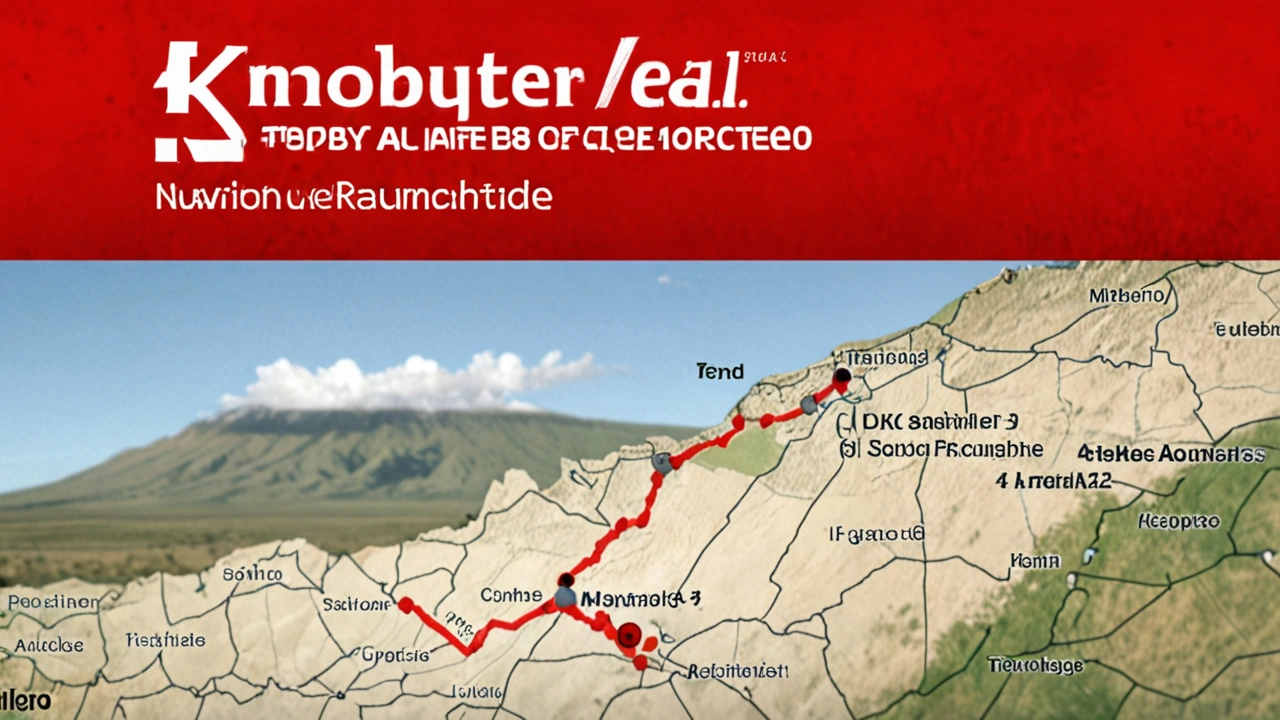Seismic Activity News and Safety Tips
Every time the ground shakes, people wonder what’s happening and how to stay safe. On this page we bring the most recent earthquake reports from across Africa, break down what those tremors mean, and give you simple steps to protect yourself and your family.
Recent Earthquake Highlights
In the past month, three notable quakes hit different parts of the continent. A magnitude 5.2 tremor rattled the Rift Valley in Kenya, causing minor building cracks but no serious injuries. In the northern DRC, a 4.8 quake was felt by hundreds, prompting schools to pause classes for a safety check. Finally, a 5.5 event near the Cape Town coast reminded residents that even coastal zones can feel the ground move.
These events show that earthquakes can pop up in many regions, not just the well‑known fault lines. Local authorities usually release quick reports, but social media often spreads the first pictures and reactions. Keeping an eye on trusted news sources helps you know what’s real and what’s just rumor.
How to Stay Safe During Quakes
The best way to stay safe is to be prepared before the shaking starts. Keep a small emergency kit with water, snacks, a flashlight, and a basic first‑aid set. Make sure each room in your house has a safe spot – under a sturdy table or against an interior wall – where you can drop, cover, and hold on.
If you’re outside, move away from buildings, streetlights, and utility wires. Open spaces like parks or parking lots are safest. Inside a building, stay away from windows and glass doors. If you’re in a vehicle, pull over safely and stay inside until the shaking stops.
After the shaking, check yourself and others for injuries. Look for gas leaks, broken electrical lines, or water pipe damage. If you smell gas or hear a hissing sound, turn off the main valve and call the local utility company. Even if nothing looks broken, it’s wise to listen to official updates before entering damaged structures.
Community drills make a big difference. Many towns now hold annual earthquake drills in schools and offices. Joining these drills shows you the right moves and helps neighbors remember the steps when a real quake hits.
Remember that aftershocks can follow the main event. They’re usually smaller but can still cause damage, especially to already weakened buildings. Stay cautious for the next few days and keep your emergency kit handy.
By staying informed, preparing your home, and practicing simple safety actions, you can reduce the risk of injury when the ground moves. Bookmark this page for quick reference and revisit it whenever a new seismic event is reported in Africa.
Unexpected Earth Tremor Shakes Nairobi and Surrounding Areas
- Jeremy van Dyk
- 8 Comments
On a gripping Tuesday night, a powerful 4.6 magnitude earthquake shook various parts of Kenya. The tremor, which originated 87 km from Nairobi at a shallow depth of 10 km, left residents in shock and fear, worrying their homes might collapse.
Read more

